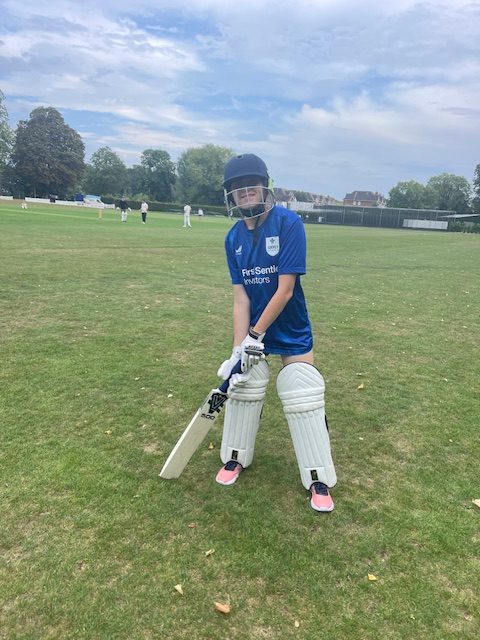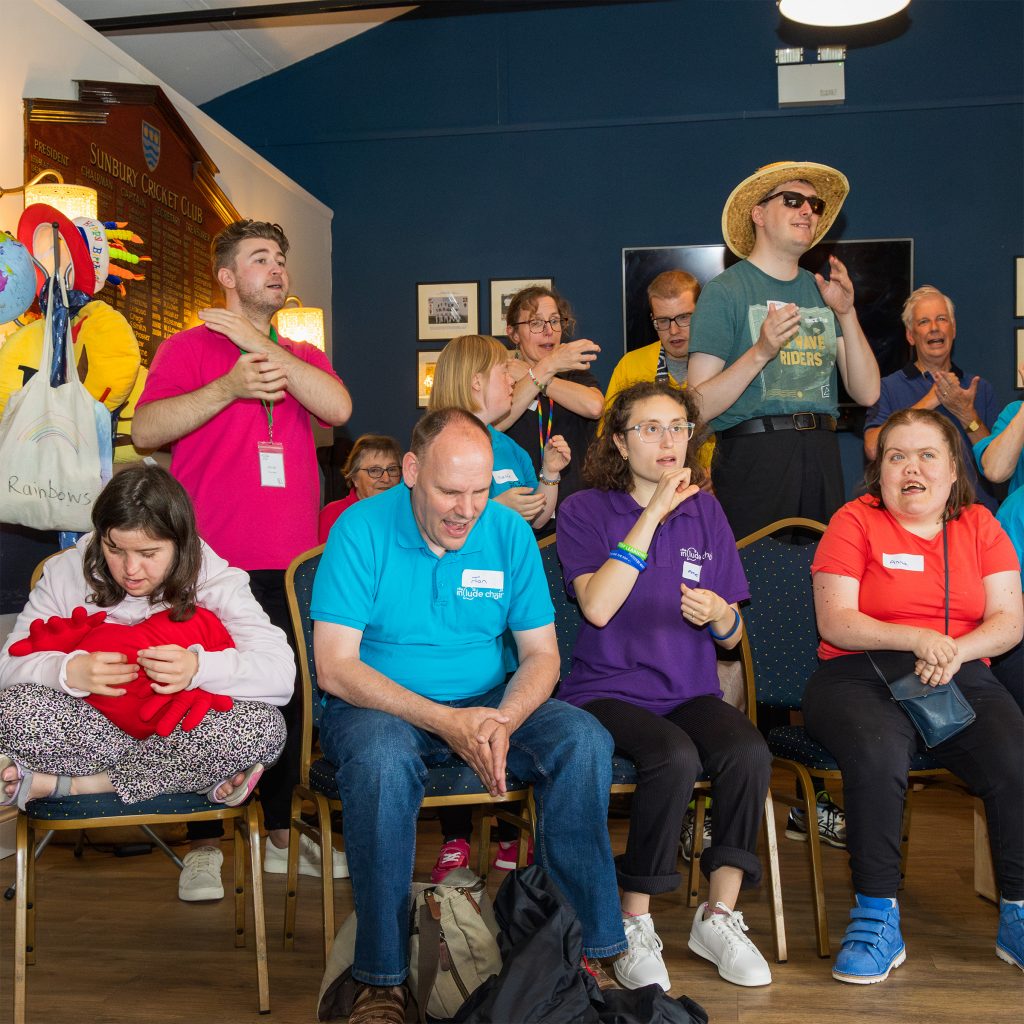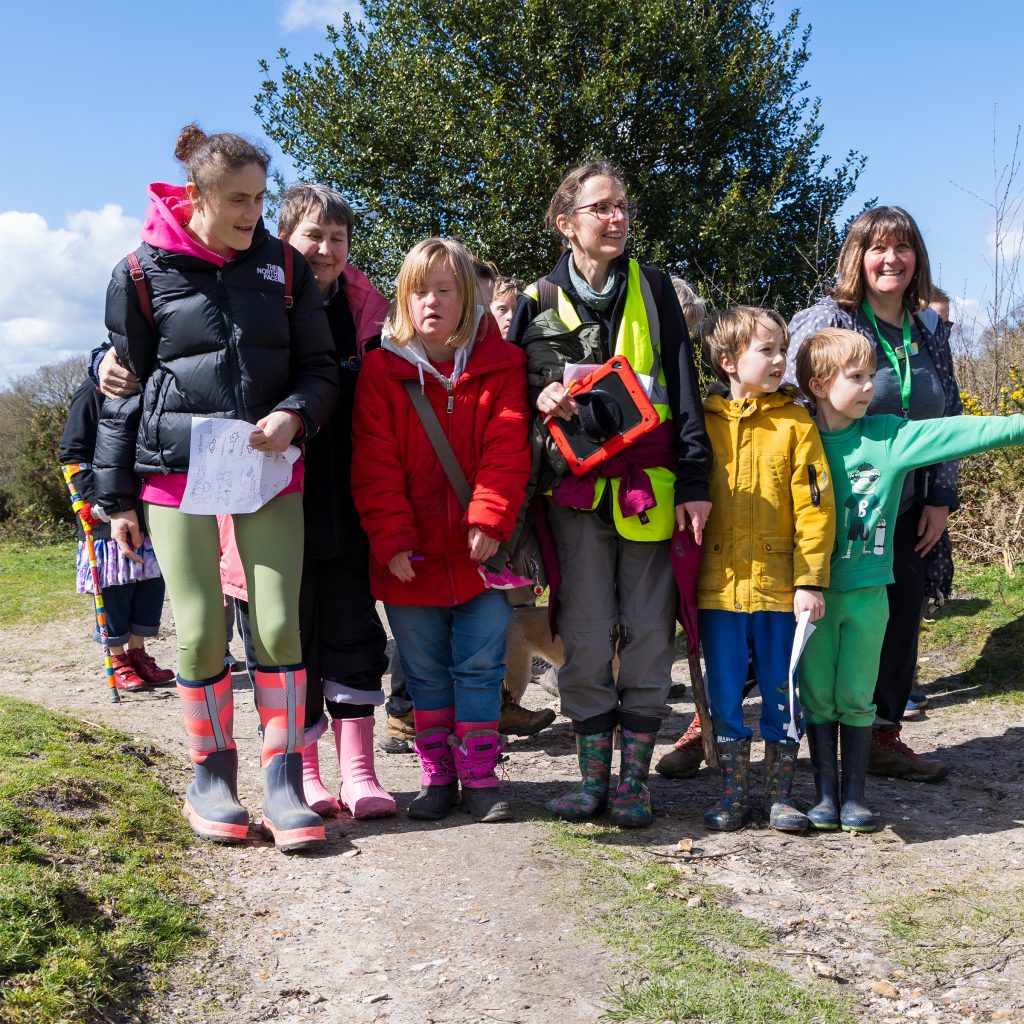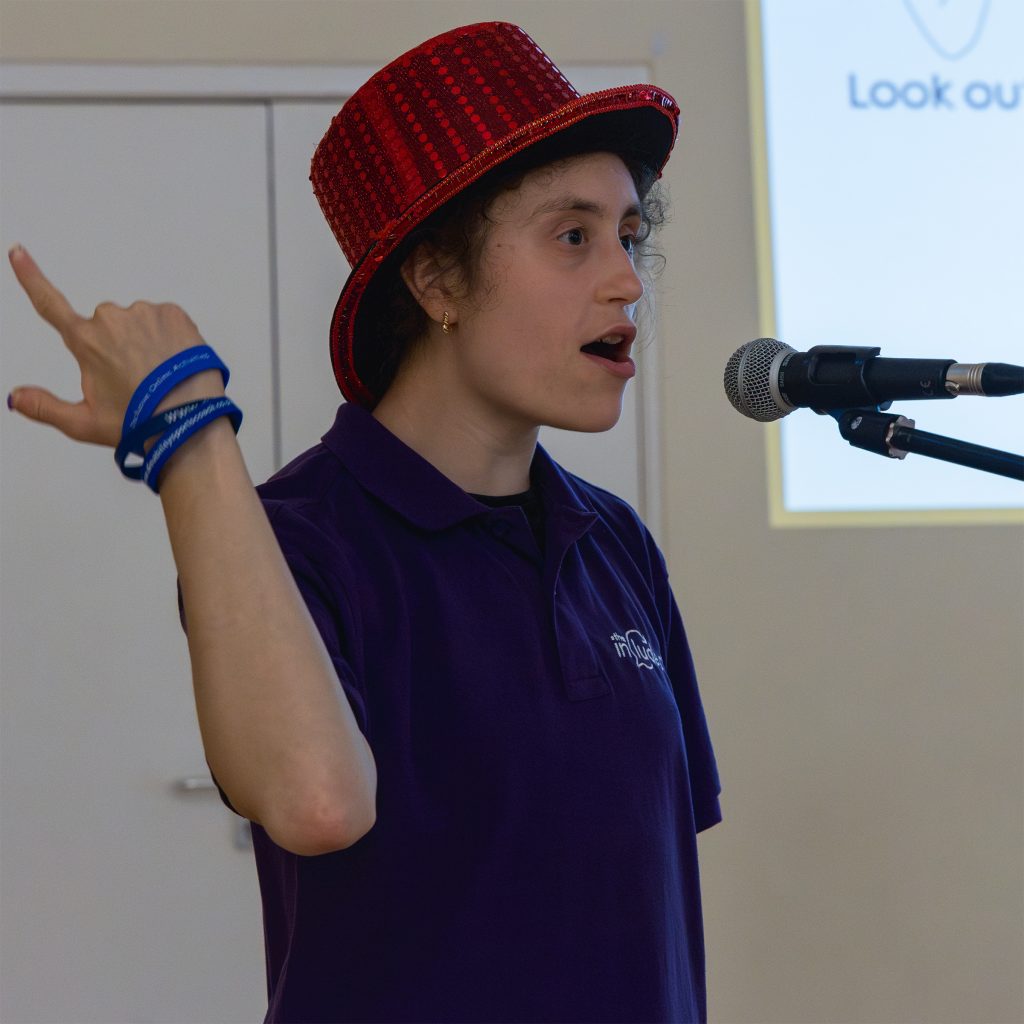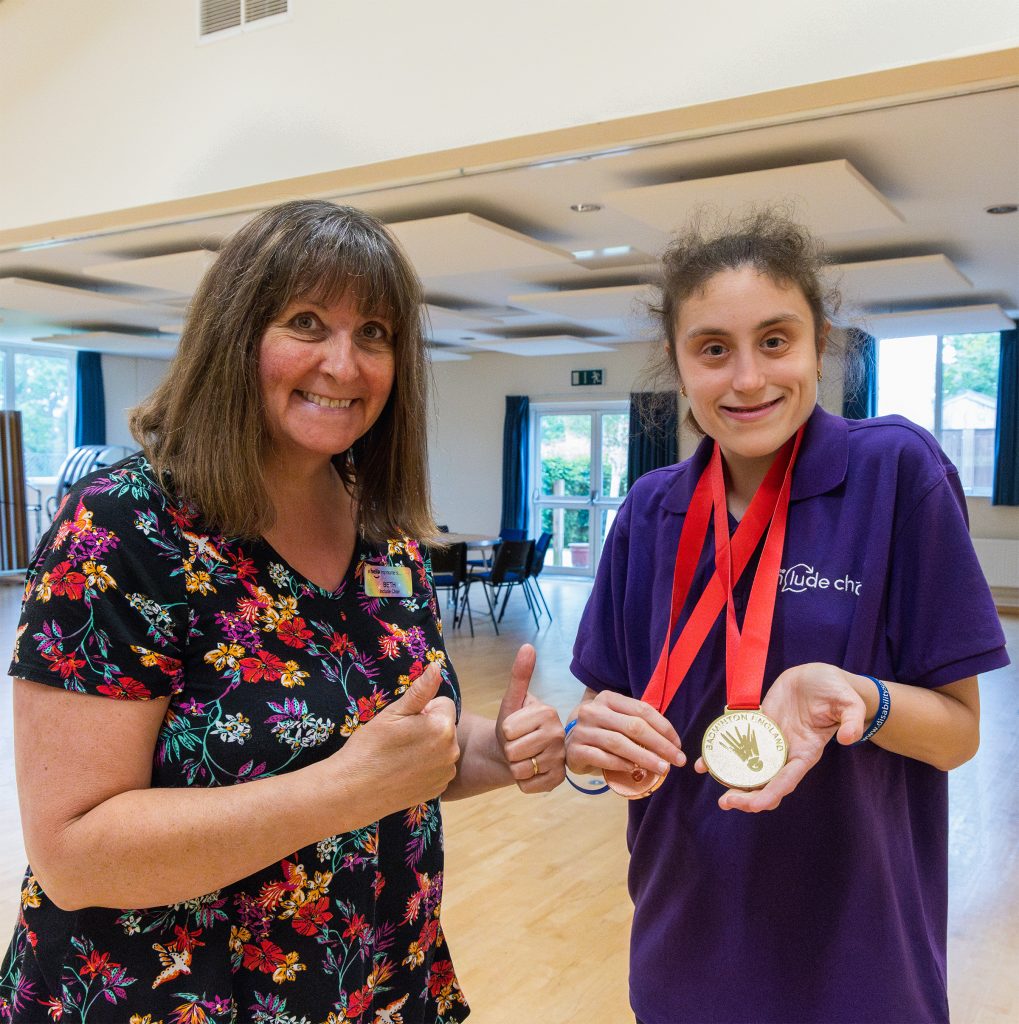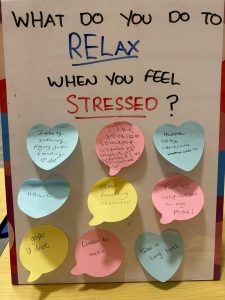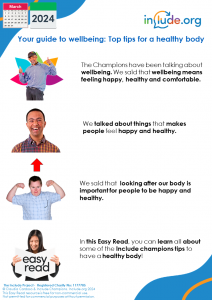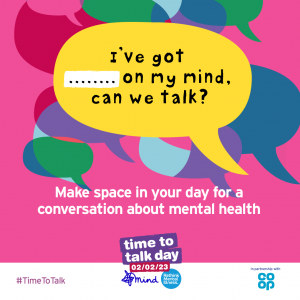How did it start?
“I found out about Include from a leaflet I took when I was at The Grange. I wanted to meet new people and I already liked singing and I did Makaton signing too.”
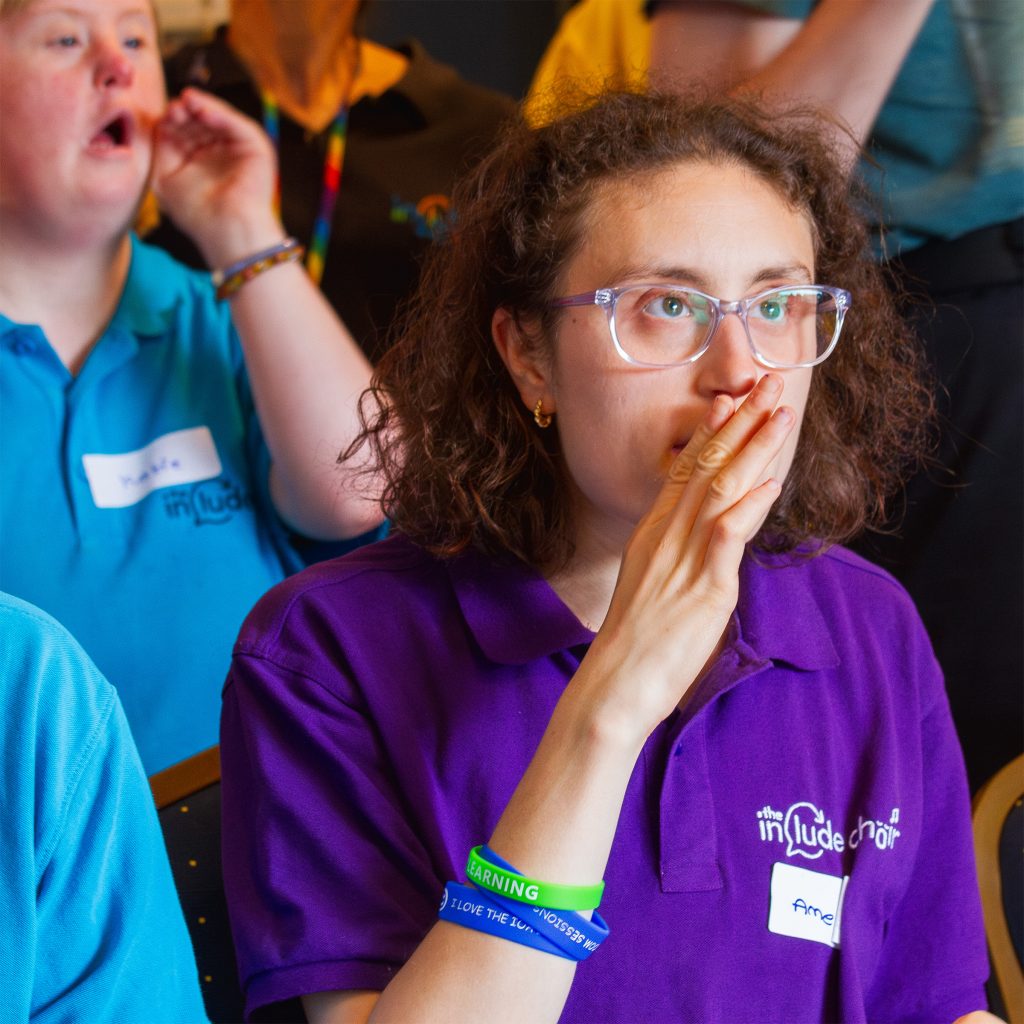
“I’ve found lots of good things to do with Include. I do the Stroll and Sign walks, and nearly all the choir events. Singing and signing and volunteering as Deputy Choir Rep for The Include Choir in Epsom,” says Amelia.
How far would you go for Include?
Maria (Amelia’s Mum) says; “It’s over an hour to go to Include sessions (and over an hour back!), but Amelia loves it so much that we travel from where we live to go to Include. We wait until it’s finished and then drive home again. We are looking to move house and one of the factors in our decision of where to live is access to Include. We want to be closer!”
Amelia is taking part in Run Reigate on 22nd September to raise funds for Include. Maria says; “She loves that kind of stuff – and she is doing this mainly because she wants to raise money for Include.” She will be doing a Half Marathon – 13 miles. “She is quite fit and athletic – she is always running about with football, cricket all sorts. She has all the stamina and energy she needs!”
Ameila says; “I am looking forward to running the half marathon.”
That’s a lot of miles for Include in one way or another.
Why does Include matter to Ameila?
“She always tells everyone about Include – “please come along, or please sponsor me” – she tells everyone how wonderful it is – she loves it basically,” says Maria.
“My favourite thing so far was going to Wisley for a Stroll and Sign walk. I like nature, everything about it – and walking – being active with other people. I like the exercise and it’s good for my wellbeing and mental health,” says Amelia.
Maria adds; “There is generally less on in the holidays, so to go on an Include Zoom or walk at Wisley in the holidays means a lot. In term-time too, when she comes home from Choir on Tuesday nights or from one of the weekend walks – she is always really happy. She is quite inquisitive and comes afterwards and says I saw this and I saw that.
Amelia sums it up; “Include makes me happy – I’m excited for Tuesdays to go to choir. I can’t wait to go back after the holidays.”
Making us blush!
“The Stroll and Signs are great – and the singing and signing it’s the unique mix that Include offers – it’s quite diverse,” Maria says.
“Alix is a nice person, she talks to me. And the volunteers help a lot too,” says Amelia.
Mum adds; “Alix is amazing. She wants to always help people – she is so giving – an amazing person. And thank you to the volunteers too for supporting Amelia – everyone is so amazing – it’s a big friendly lovely environment.”
The fun and learning keeps going…
“I sing the songs and sign sometimes and teach them to my mum.”
“Yes, Ameila never forgets about what she does with Include – it’s always on her mind.”
Sponsor Ameila for her Half Marathon:
Help Amelia and Include to keep going! Here is the link to her fundraising page if you can donate anything at all, it will be hugely appreciated:
https://www.justgiving.com/page/amelia-solari-1725010645489
And a HUGE Thank You to Amelia for running for Include.
We are in awe of you.

Communications, Fundraising and Partnerships Lead



